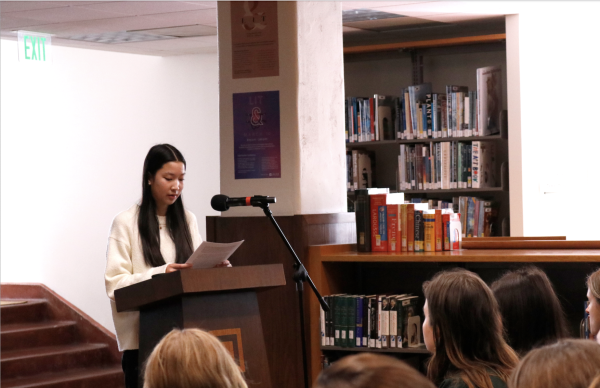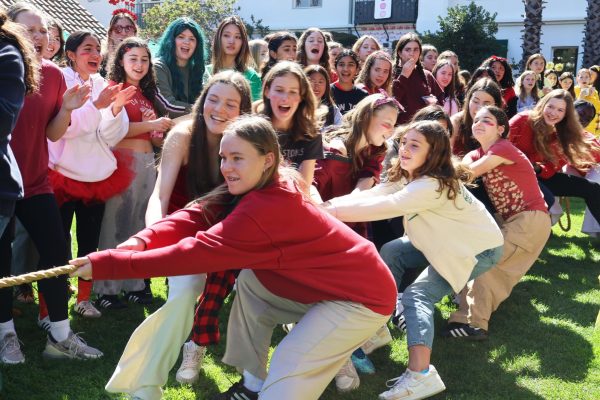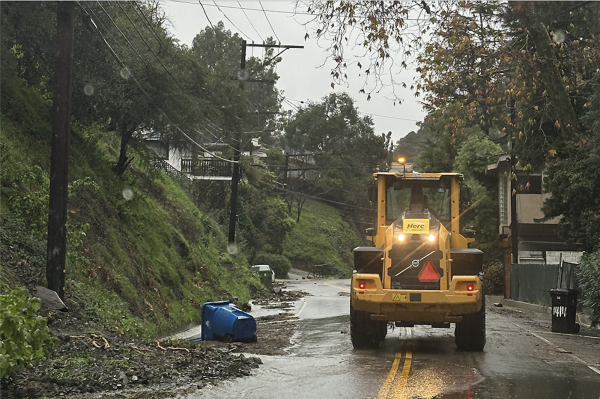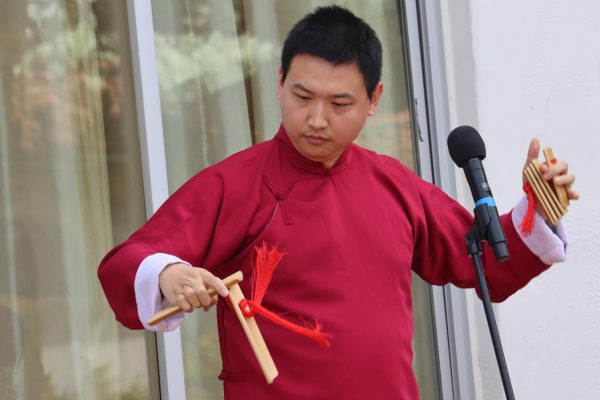#InDepthReporting: The Oracle highlights past features, writers share value of process
These featured images are from articles representing in-depth reporting. Staff Reporter Ella Schwartz (’25), Staff Reporter Meredith Ho (’26) and Senior Reporter Allie Yang (’25) wrote a variety of thorough stories focusing on specific people or opinions within the Archer community. (Photo compilation of featured images created by Audrey Chang)
February 24, 2023
The last theme of Scholastic Journalism Week is #InDepthReporting, which aims to emphasize the importance of human interest in journalism by featuring unique stories and people within school communities. These stories are meant to increase readership, provide diversity in coverage and strengthen student voices and storytelling.
To celebrate this theme, The Oracle is highlighting three in-depth features from this school year. The Oracle interviewed the writers of these pieces about how they found these stories, why this type of reporting is crucial and what they learned throughout the reporting process.
Introduction to Journalism students profiled members of the Archer community for their first articles. For this assignment, Staff Reporter Ella Schwartz (’25) featured Eman Said, who works in Archer’s servery during the week while studying at Pierce College at night to become an accountant. Schwartz said writing this piece allowed her to highlight not only unknown facts about Said, but aspects of her personality as well.
“I knew I wanted to highlight a voice that wasn’t necessarily very well known within our community. Since Eman started working at Archer, she’s just been so kind and so supportive of me and my friends, and I knew that I wanted her kindness to show through to other students and be recognized a lot more than it was,” Schwartz said. “I wanted to write about her and allow people to get to know her better and uncover some of the information about her that people don’t normally ask about.”
Additionally, Schwartz said one of the main reasons she thinks this type of reporting is essential is because these stories allow writers to include a greater variety of voices and identities.
“It’s so important to hear from different people within our community who have different backgrounds and different opinions and different experiences,” Schwartz said. “Going really in-depth … allows there to be a lot more diversity within The Oracle and for a lot more voices to be heard.”
Staff Reporter Meredith Ho (’26) profiled violinist Camila Blank (’24). The in-depth reporting process provides opportunities for writing about people’s specific traits, impact and what their day-to-day lives are like. Ho said this possibility was her favorite part of writing her feature and was what she most took away from the experience.
“There’s a lot of talented people in Archer that haven’t been covered before, and I think covering each one of them individually is really important to showcase their work and their efforts into the things that they’re passionate about,” Ho said. “It’s a good way … for the Archer community to see how talented these people are and give people a good insight about how they work and how they are as a person.”
Aside from profiles of people in the community, reporters have also used the same in-depth research, reporting and writing processes for broader topics. For example, Senior Reporter Allie Yang (’25) wrote a feature about students’ opinions on the flaws of standardized testing. Yang said the idea initially started as a news brief about the PSAT and later turned into a feature including a broader scope of student perspectives.
According to the JEA, one of the major benefits of in-depth reporting is that “great in-depth stories give our audiences all aspects of the story and have the potential to captivate those audiences in new and important ways.” Similarly, Yang said she appreciates the impact that writing thorough stories about broader topics can have.
“It’s always interesting to learn something new, especially when you might have thought about it independently. I know I certainly have thought about standardized testing and what that means for me as a 10th grader on my own, but I’ve never seen that kind of a story, especially one that is Archer-centric,” Yang said. “As far as viewership goes, it does help spark interest because you might bring something to light that people have thought was interesting but didn’t think could actually make it into a digital publication.”




![Freshman Milan Earl and sophomore Lucy Kaplan sit with their grandparents at Archer’s annual Grandparents and Special Friends Day Friday, March 15. The event took place over three 75-minute sessions. “[I hope my grandparents] gain an understanding about what I do, Kaplan said, because I know they ask a lot of questions and can sort of see what I do in school and what the experience is like to be here.](https://archeroracle.org/wp-content/uploads/2024/03/grandparents-day-option-2-1200x800.jpg)
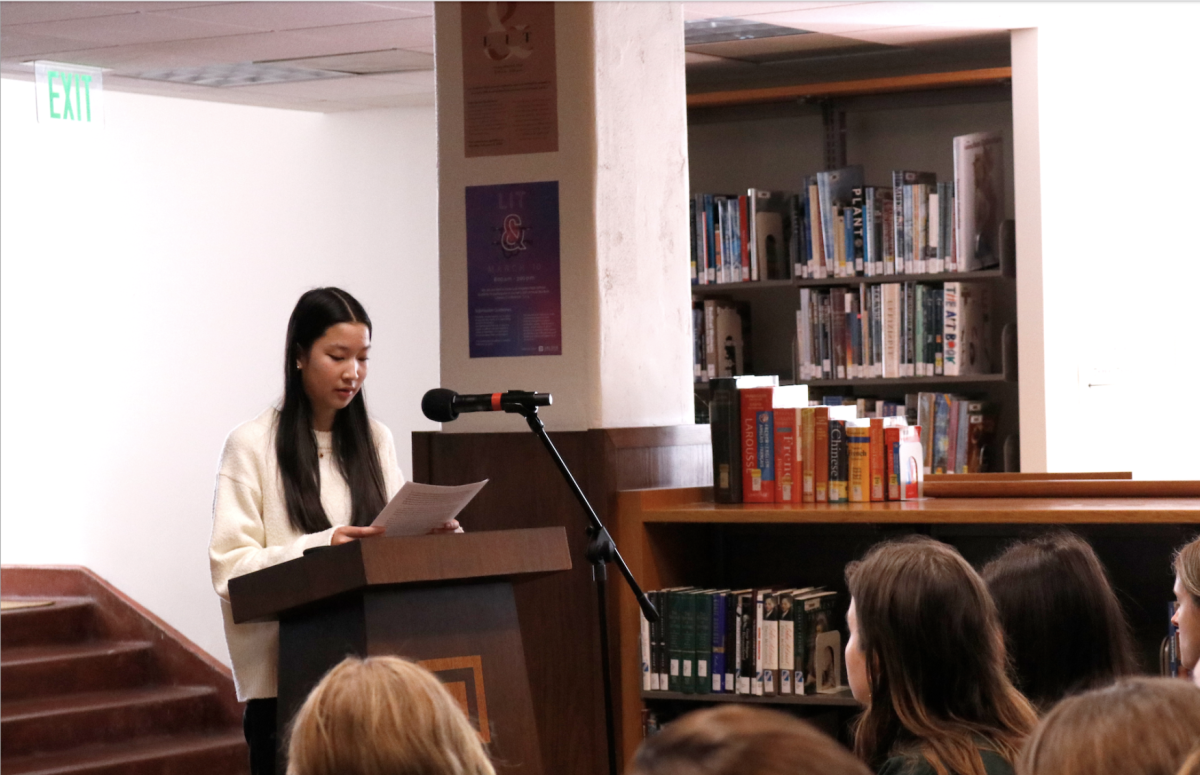











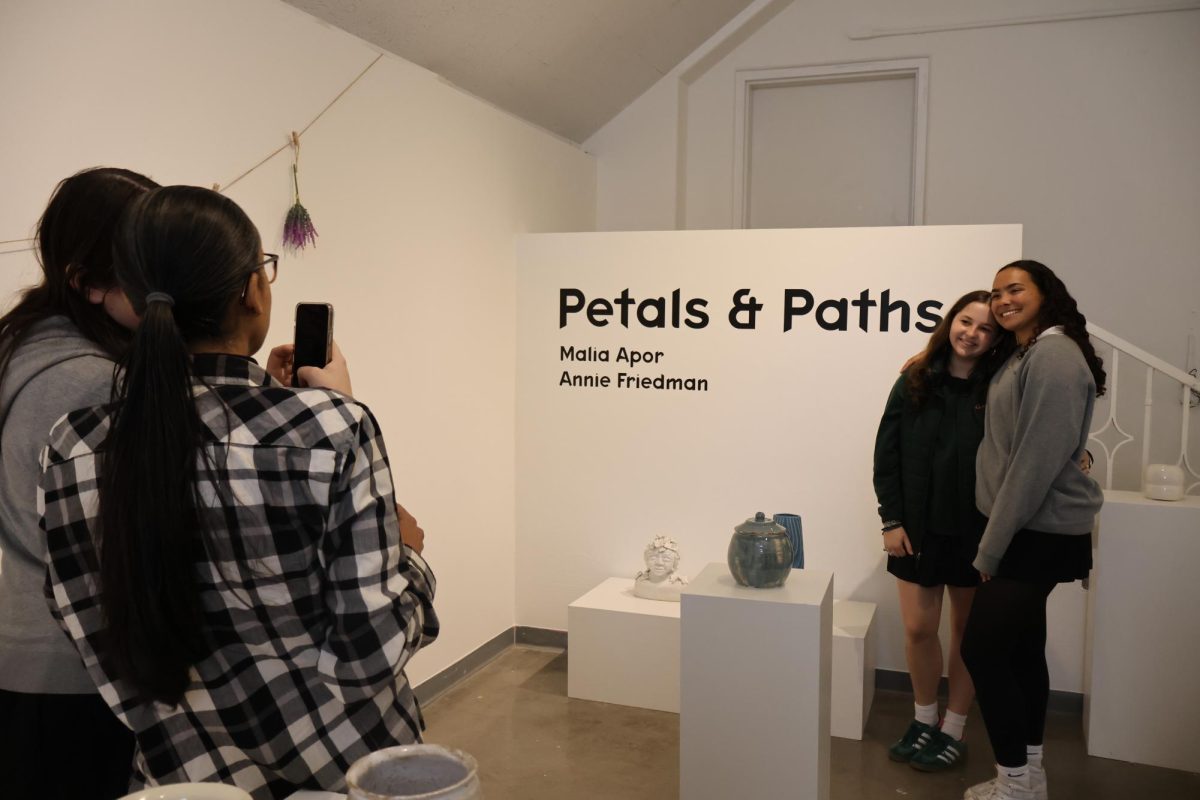







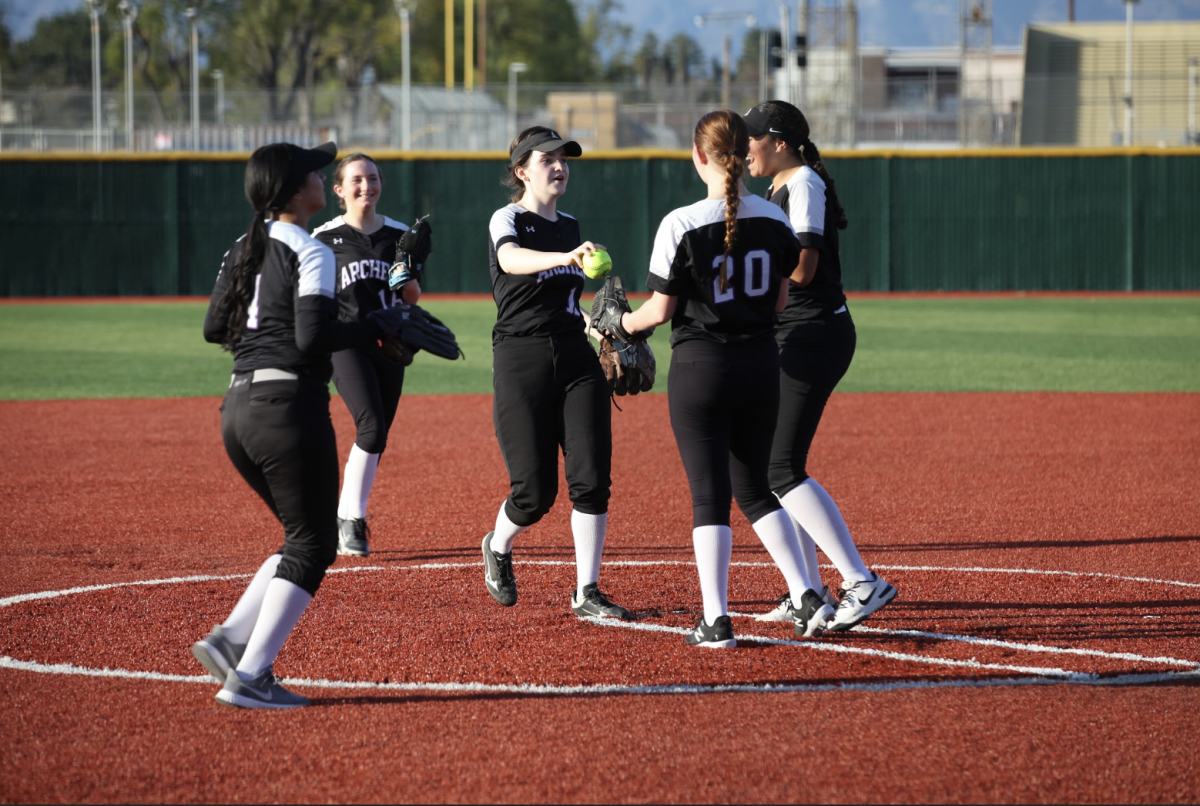

























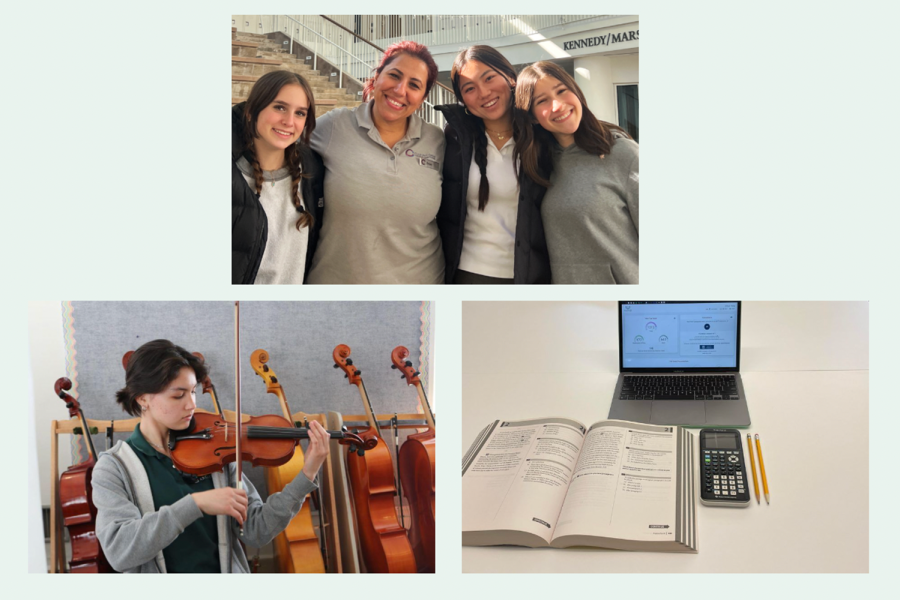
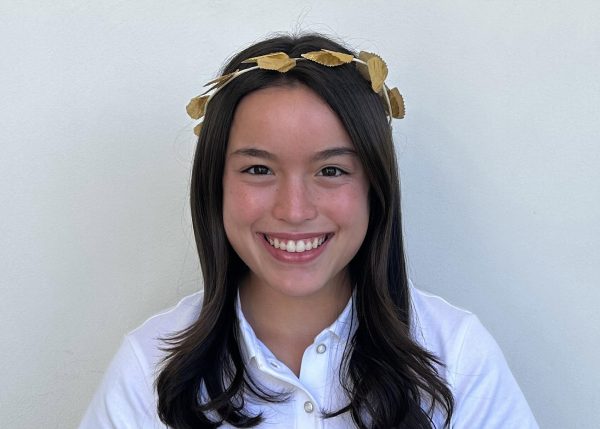





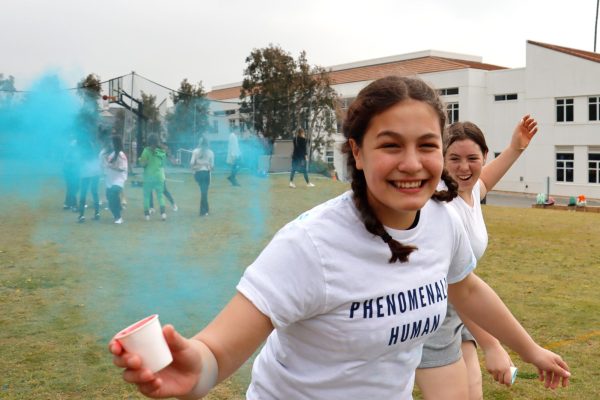
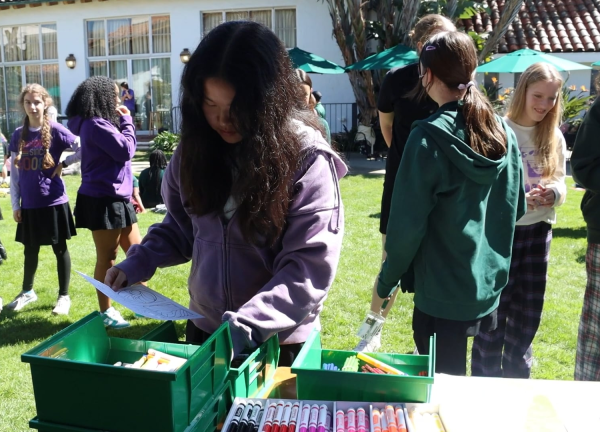
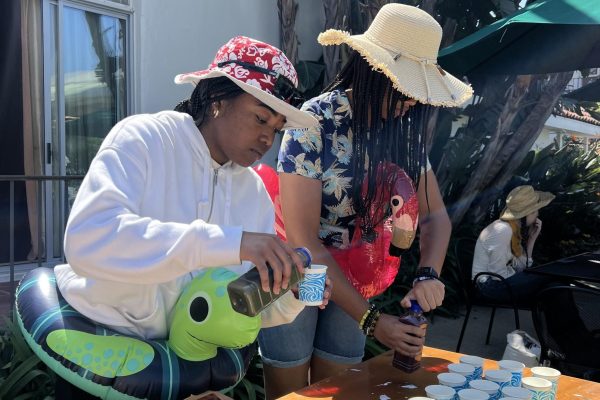
![Freshman Milan Earl and sophomore Lucy Kaplan sit with their grandparents at Archer’s annual Grandparents and Special Friends Day Friday, March 15. The event took place over three 75-minute sessions. “[I hope my grandparents] gain an understanding about what I do, Kaplan said, because I know they ask a lot of questions and can sort of see what I do in school and what the experience is like to be here.](https://archeroracle.org/wp-content/uploads/2024/03/grandparents-day-option-2-600x400.jpg)
